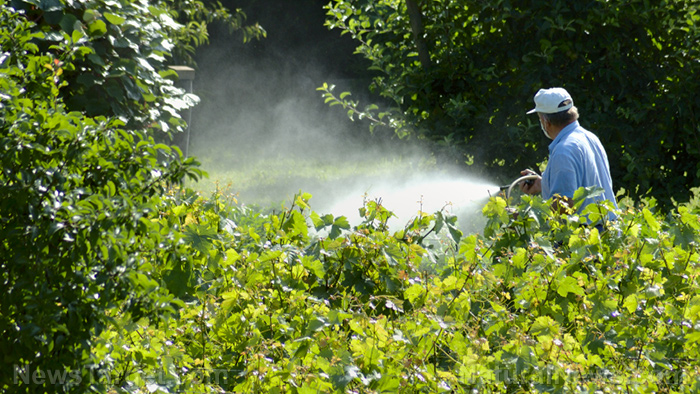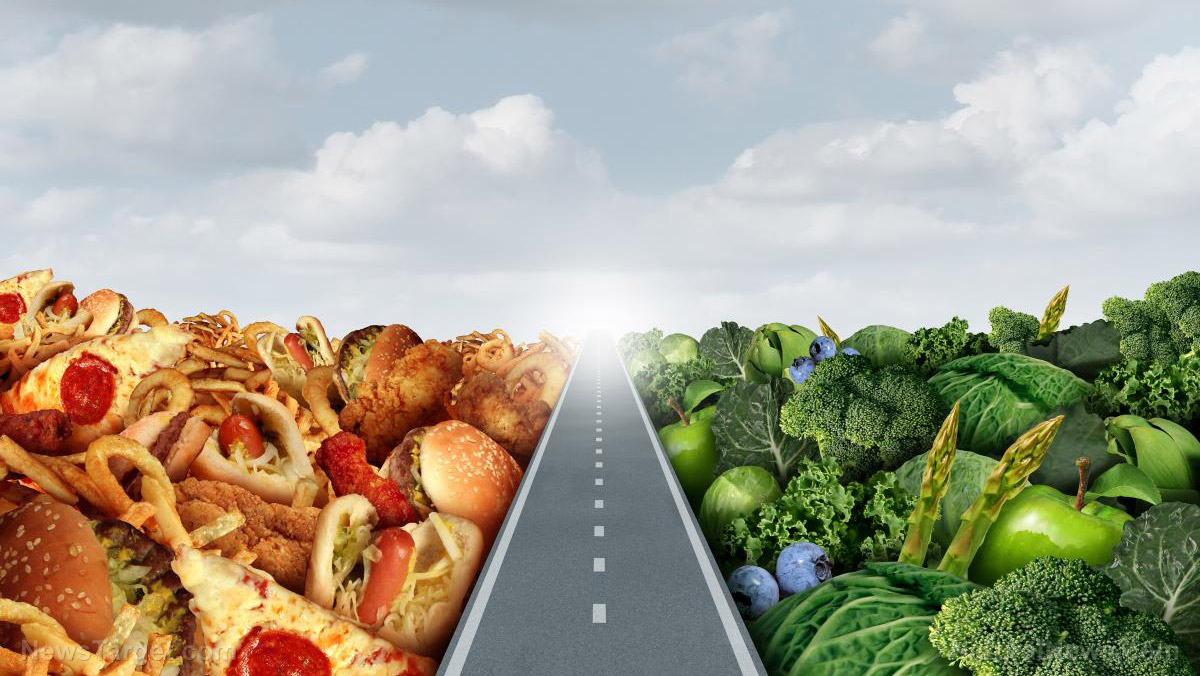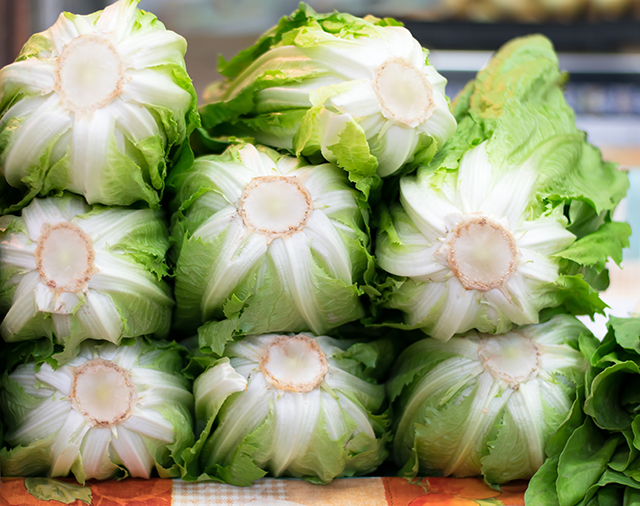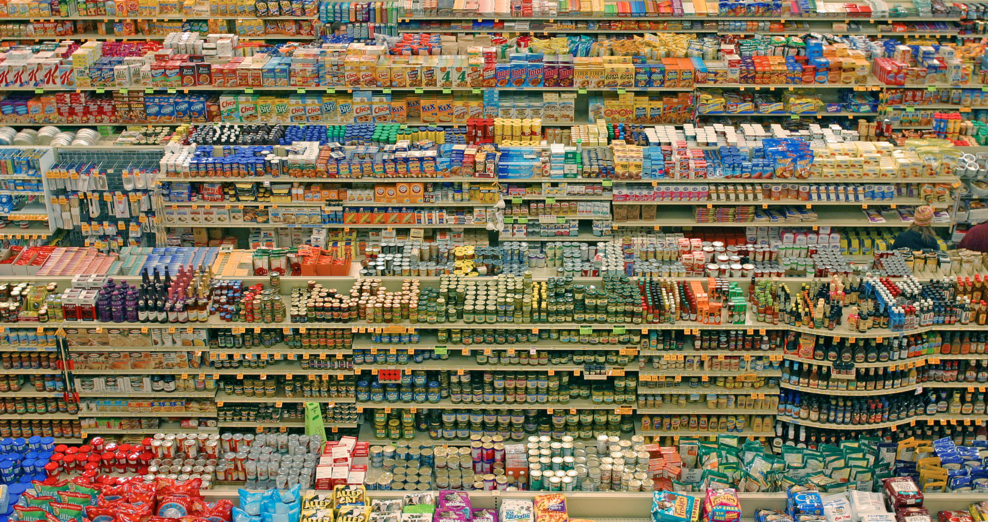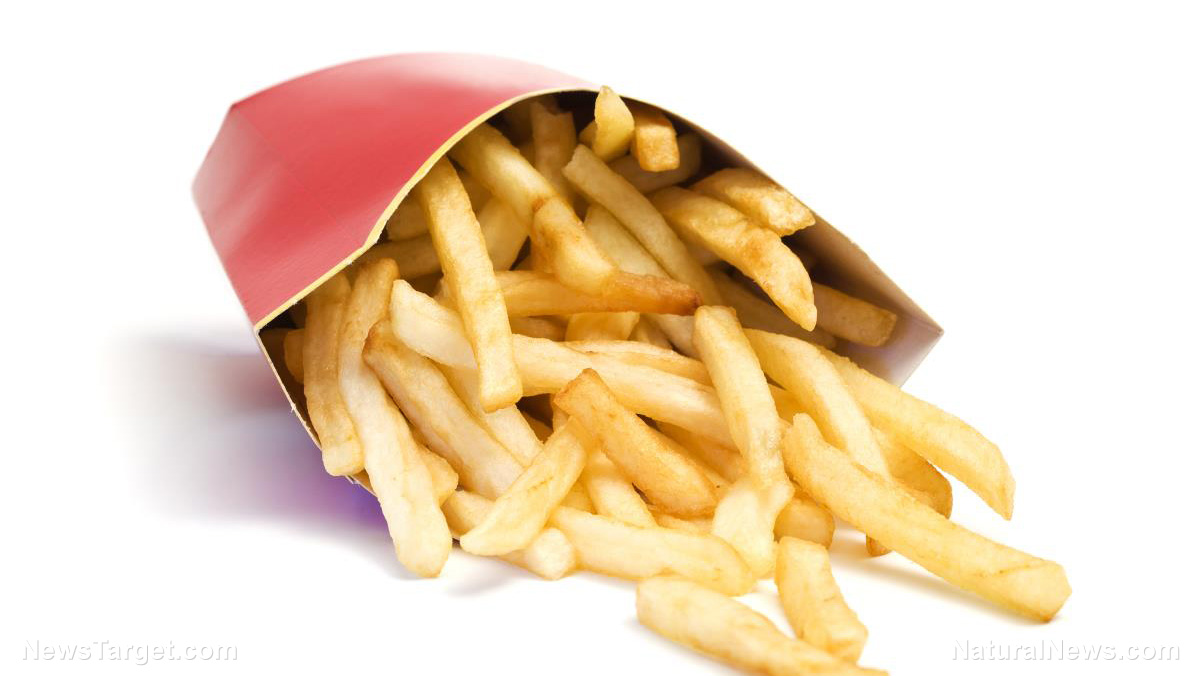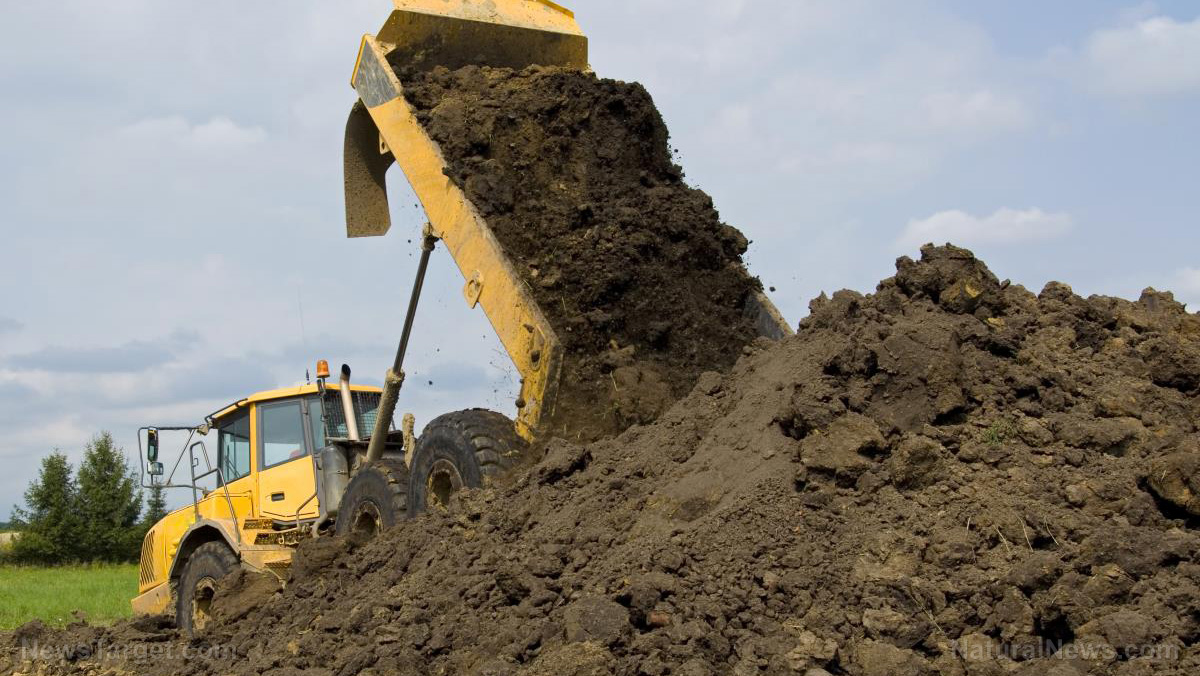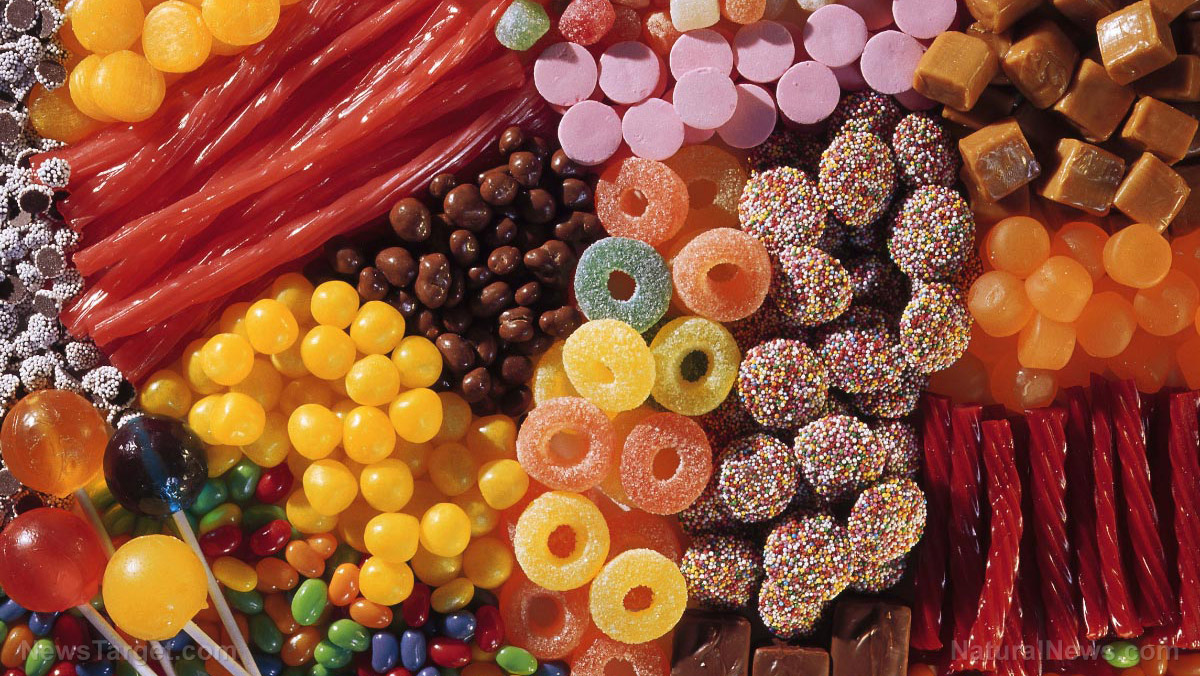Nestlé caught sending junk food into Amazon rainforests where children as young as seven are now morbidly obese
06/05/2021 / By Ethan Huff
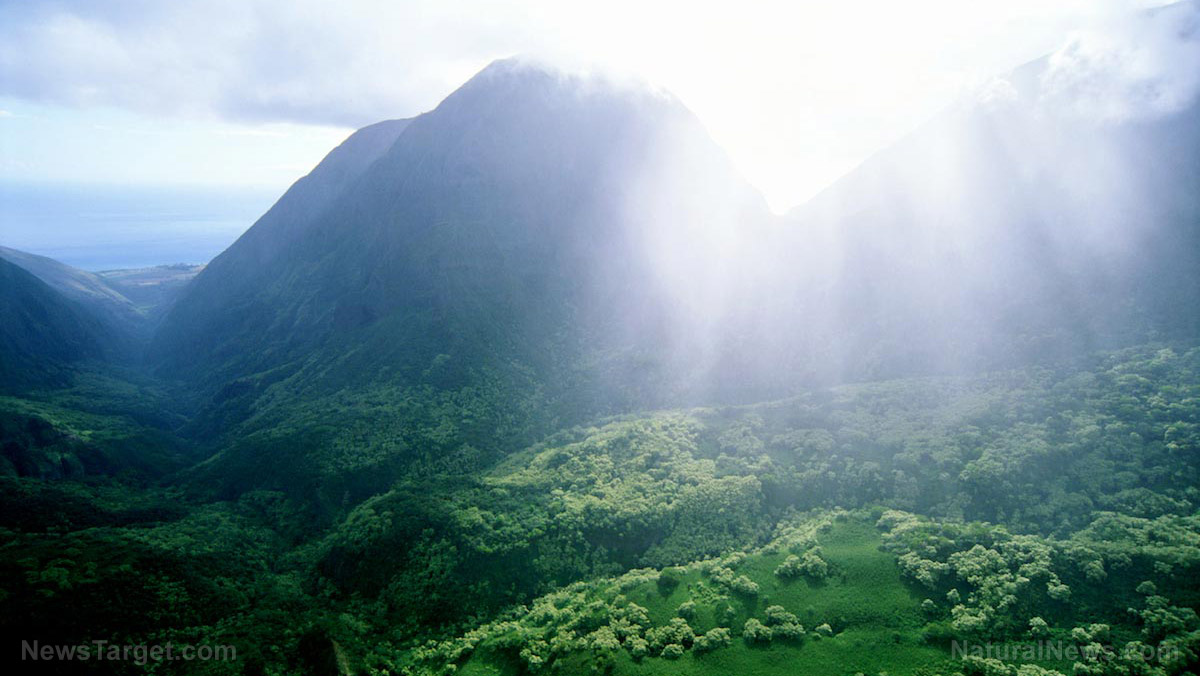
A new BBC documentary has exposed Nestlé for deliberately polluting the food supplies of those who live in the Amazon rainforest, causing an epidemic of childhood obesity.
To get the indigenous people groups of South America’s pristine jungles hooked on junk food, Nestlé has been sending in “floating supermarkets” filled with processed, highly addictive garbage, which has spiked the obesity rate more than 150 percent since 2002.
Children as young as seven years old are now battling “first world” diseases like obesity and diabetes, thanks to Nestlé. This in turn benefits Big Pharma as well by funneling a whole new generation and market straight into lifelong dependency on pharmaceuticals.
Entitled, “What Are We Feeding Our Kids?” the documentary takes a closer look at the bodily impact of “children’s” foods like chicken nuggets, pizza, and frozen meals. It turns out that such foods create sluggishness, anxiety, and even brain damage, similar to the effects of consuming alcohol.
In some of the remotest areas of Brazil, children are becoming “more and more” obese, says Lizete do Carmo Tenório Novaes, a head school teacher. She directly attributes this epidemic to Nestlé’s floating supermarkets.
“I’ve been to the Amazon several times as a doctor, ten or twelve years ago, in quite remote places and really I just can’t remember ever seeing anyone who was overweight,” stated host Chris van Tulleken.
“I want to find out, are the children here becoming overweight? In a culture, an environment, where historically it has been calorifically quite poor – what happens when you flood them with masses of what we would call processed, industrialised food?”
Exporting the Standard American Diet (SAD) to other countries is killing the world’s children
Up until fairly recently, most of the food consumed by Amazonians was minimally processed. Correspondingly, almost nobody in the region was overweight or obese – that is until Nestlé invaded the area’s remote jungles.
Now, young men like Leo, who is featured in the film, are growing female-type breasts and love handles, rather than the muscle tissue they need to be strong and vibrant.
This is what happens when people switch from a natural diet to one composed of refined sugar, processed flour, chemical colorings, artificial preservatives and other toxins.
Since then, van Tulleken stumbled across a local church organization that is trying to help fight the obesity epidemic by teaching locals, and especially young children, about the importance of avoiding processed foods. It is often an uphill battle, though, once a person becomes addicted to junk.
“Sometimes I tell him not to eat it but he comes and buys it anyway,” Leo’s mother revealed about her son’s new eating habits. “He does eat vegetables but he doesn’t like them very much. I don’t know why. He’d rather eat junk food.”
The so-called “Standard American Diet,” also known as SAD, is perhaps the worst thing to ever happen to the Amazon culture. Future generations of Amazonians will now be afflicted by the Trojan Horse of quick and easy junk food that Nestlé fomented on them.
“We do have some cases but it’s not the majority and we want to control it and stop it from progressing,” Leo’s mom added about the obesity problem in her area, which is thankfully not yet – and hopefully never will be – the norm.
At the same time, the past 15 years has marked a lot of changes in eating habits throughout the region. More industrialized products have arrived, whereas in the past people used to eat mainly fish, shrimp, red meat, chicken, and other fresh foods.
More related news about the global obesity crisis, which is being perpetuated by multinational corporations based in the West, can be found at Addiction.news.
Sources for this article include:
Tagged Under: addiction, child health, children, depopulation, diabetes, evil corporations, food science, industrialized, Nestle, obesity, rainforests
RECENT NEWS & ARTICLES
StopEatingPoison.com is a fact-based public education website published by Stop Eating Poison Features, LLC.
All content copyright © 2018 by Stop Eating Poison Features, LLC.
Contact Us with Tips or Corrections
All trademarks, registered trademarks and servicemarks mentioned on this site are the property of their respective owners.

